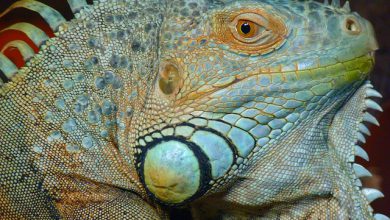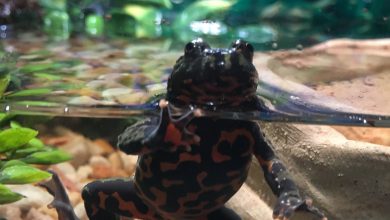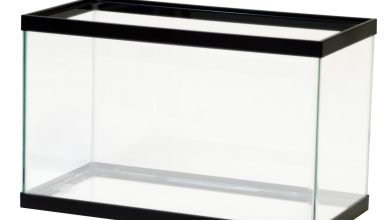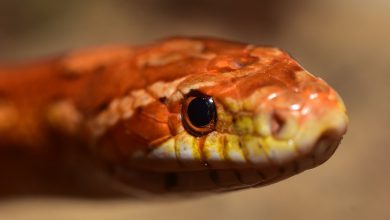4 Unhealthy Behaviors to Watch for From Your Beardie – The Tye-Dyed Iguana
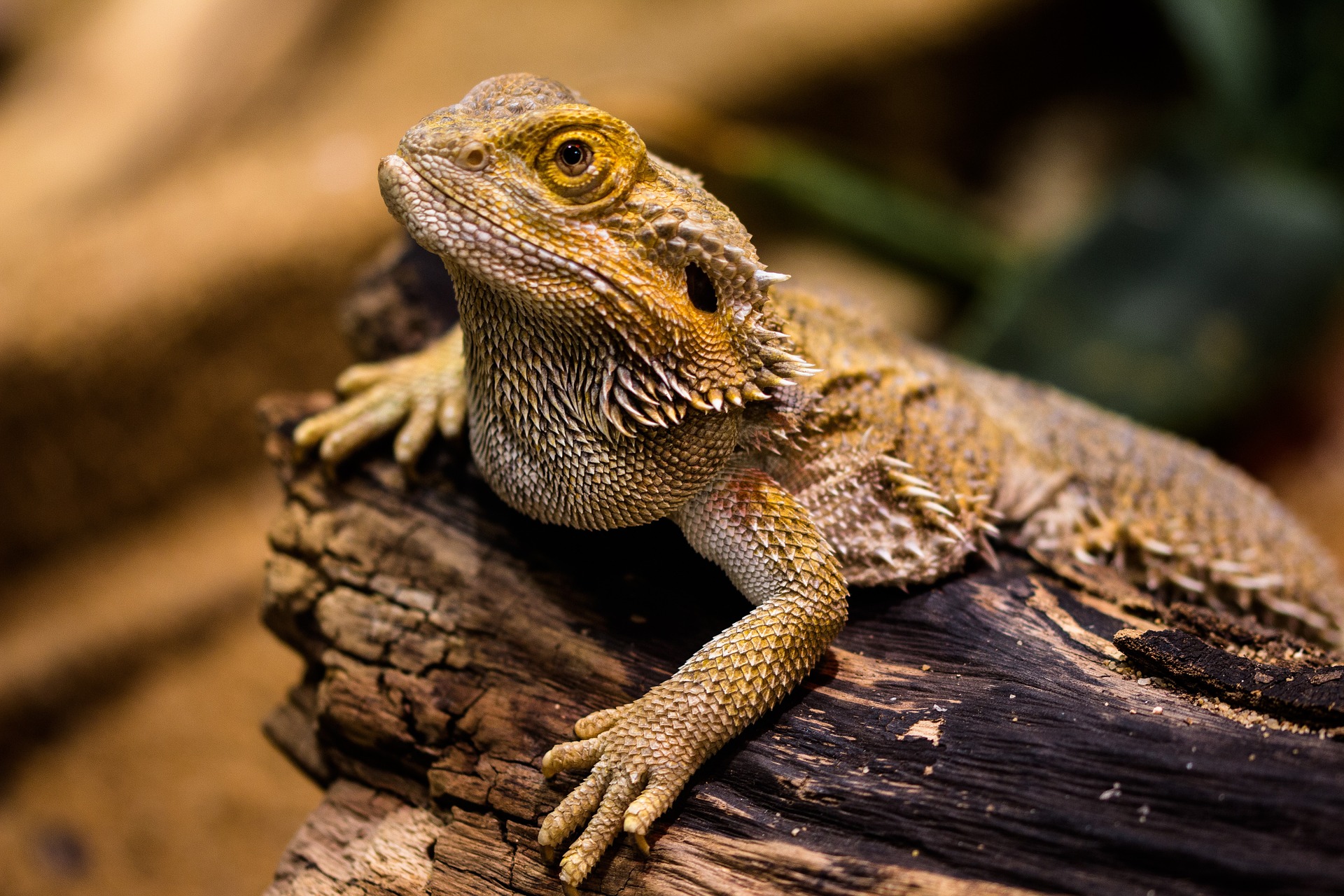
Bearded dragons are one of the easiest reptile pets to take care of, and because they tolerate handling, theyâre one of the most enjoyable reptiles to interact with. But being the friendly lizard isnât just good for providing entertainment, it also makes it easier to know when your beardie isnât healthy. Of course, many animals try to hide their illnesses because of their instinct not to be, well, eaten by something faster and stronger. So take a look at these 4 unhealthy behaviors to watch for in your bearded dragon. Theyâll help you catch a health issue before it gets worse.
Lazy lizard
Bearded dragons tend to be active creatures. If yours is particularly lethargic and doesnât seem to be moving much, it may not be in optimal health. The good news is that if there are no other symptoms, this could be something minor, like a temperature issue.
Make sure your beardie has a basking area thatâs kept between 95 and 110 degrees Fahrenheit, as well as a cooler area thatâs 80 to 90 degrees. Cold lizards tend to be less active because they depend on external warmth for their body heat.
If itâs the change of seasons, then low activity could mean your bearded dragon is about to go into brumation, or the reptile version of hibernation. Itâs fairly common for bearded dragons to brumate.
Puffy tail or legs
A swollen tail or limbs is often a sign of a break or fracture of the bones. It can also be a sign of infection. Whenever swelling is present in your beardie, you need to take it to a vet with exotic pet experience to diagnose whatâs causing the swelling. It could be an indication of metabolic bone disease, a serious condition that is treated with proper diet.
To prevent metabolic bone disease from developing in the first place, be sure to provide appropriate UV lighting and dust food with a calcium supplement.
Shaking
A bearded dragon that is shaking or moving in abnormal, jerky motions is exhibiting another sign of calcium or vitamin D deficiency. Not getting enough of these nutrients can lead to metabolic bone disease. But if you catch these symptoms early, you can take steps to correct the diet before bone disease becomes advanced.
Avoiding food
Beardies usually have a pretty good appetite and may even take food from your hand. If theyâre not eating, itâs a sign that something is up. Unfortunately, this is a symptom that could mean many different things.
Go through the usual checklist to make sure youâre providing the right environment for your reptile and consider possible causes.
- Check the habitat temperature
- Look for causes of stress
- Look for injury
- Check for signs of entering brumation
Not all health problems are serious issues. Itâs good to be vigilant, however, since your exotic pet canât really take care of its own health. If something doesnât seem quite right with your bearded dragon, keep an eye on the symptoms and contact an exotics vet if the problem seems serious. Chat with our herp experts to learn more about caring for bearded dragons.
